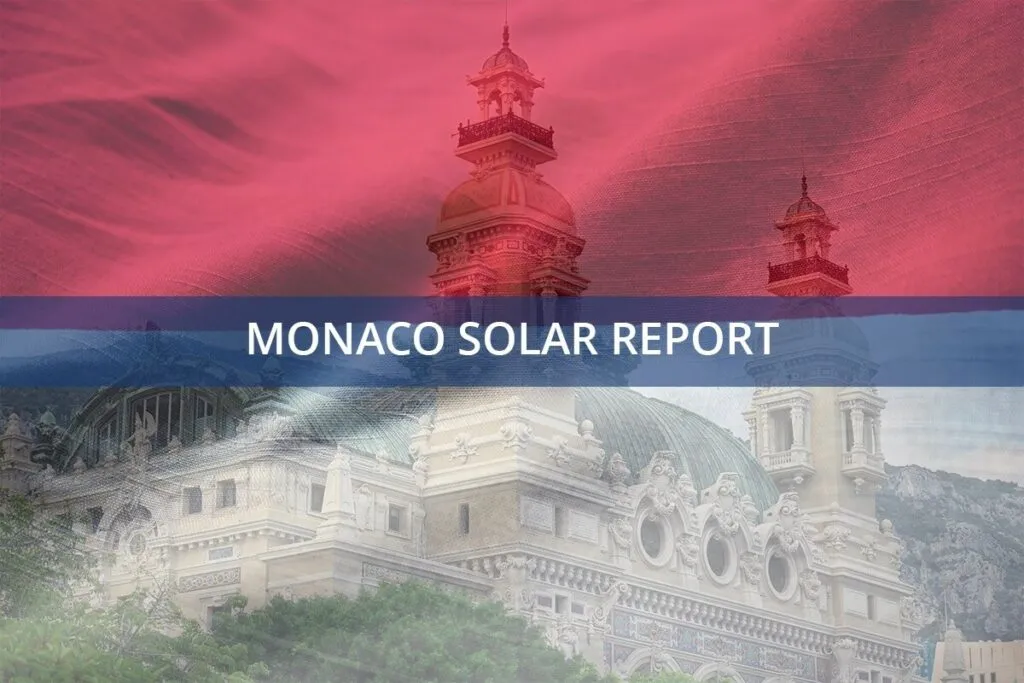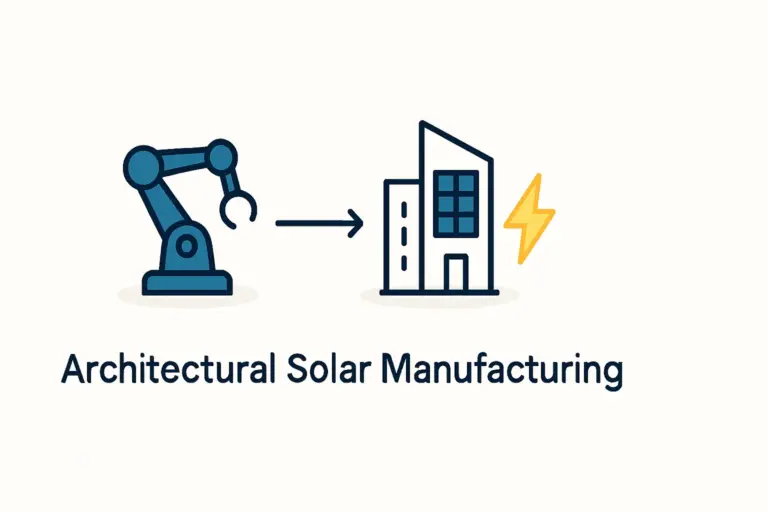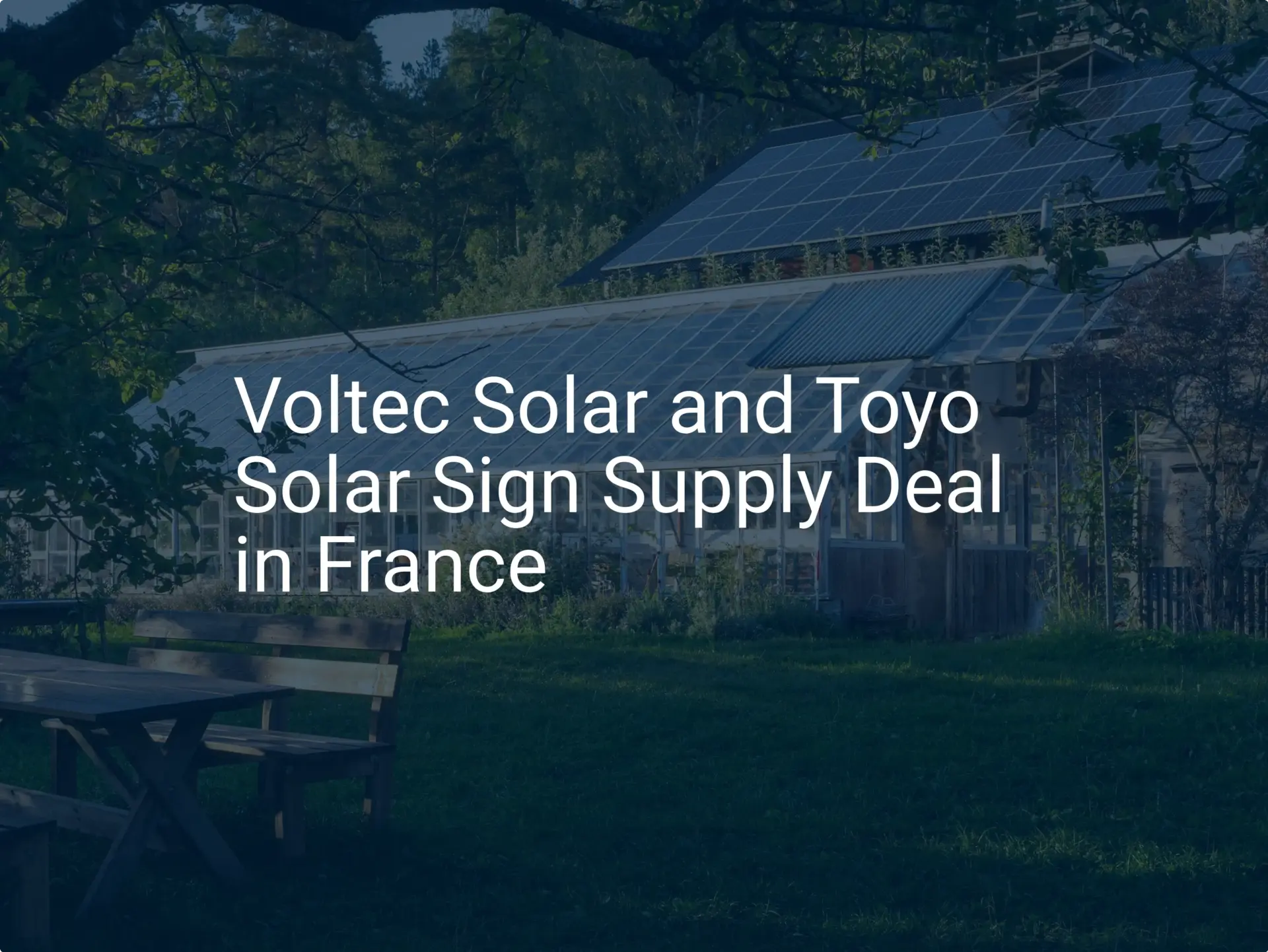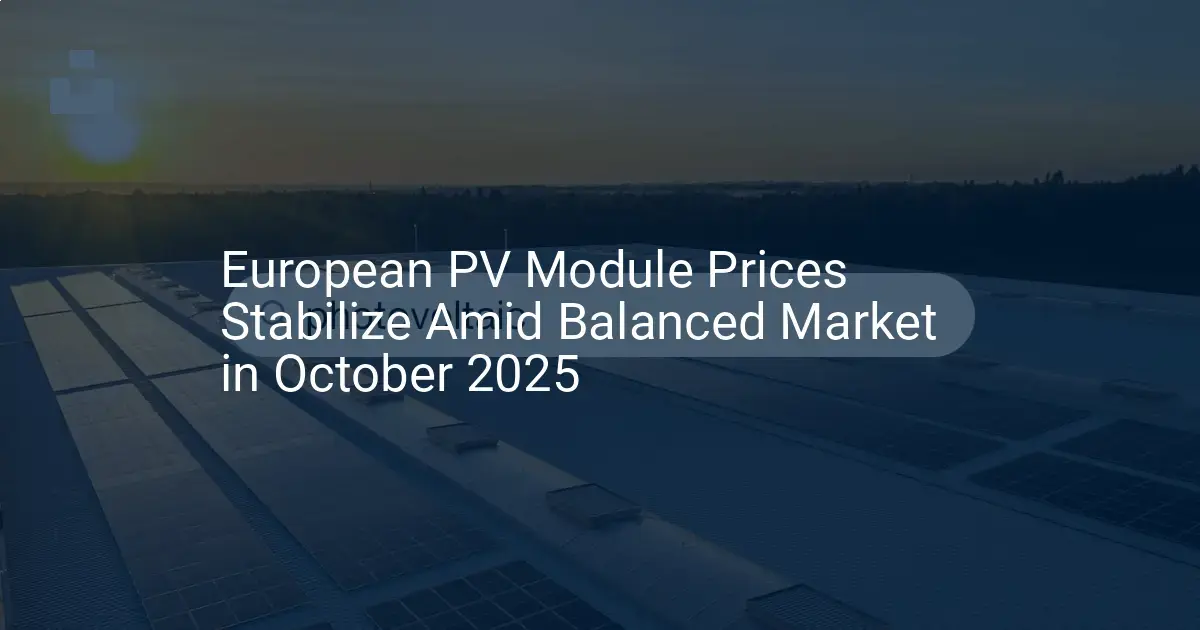When considering locations for a new industrial venture, entrepreneurs typically look to manufacturing hubs in Asia or established industrial zones in Europe. The Principality of Monaco, known for finance, luxury, and tourism, rarely enters the conversation.
Yet for a specific type of investor, this common perception overlooks a significant strategic opportunity: a boutique solar manufacturing operation built on Monaco’s unique regulatory and financial environment.
This article explores how Monaco’s pro-business framework can be a powerful foundation for a high-value, niche solar panel production facility. This is not a model for mass production, but for specialized manufacturing where precision, brand prestige, and financial efficiency are paramount.
Understanding Monaco’s Business Ecosystem
Monaco’s appeal to businesses is built on stability, predictability, and a highly favorable tax regime. For entrepreneurs from regions with volatile economic conditions or complex tax laws, the Principality offers a welcome contrast.
The key pillars of its business environment include:
- Political and Economic Stability: As a sovereign constitutional monarchy, Monaco has a long history of political stability, ensuring a reliable and secure environment for long-term investments.
- Favorable Tax Structure: Its most well-known advantage is the tax system. Monaco has no personal income tax for residents (with some exceptions for French citizens), while corporate profits generated within the Principality are taxed at a competitive rate. Businesses that conduct most of their operations internationally may even qualify for a 0% corporate income tax.
- Strategic Location and Logistics: Situated on the Mediterranean coast and surrounded by France, Monaco has excellent access to European markets by sea, air (via Nice Côte d’Azur Airport), and road. This location simplifies both the import of raw materials and the export of finished, high-value goods.
These factors create a compelling case for a corporate headquarters. The less obvious opportunity, however, lies in combining this corporate structure with a small-scale, high-tech manufacturing presence.

Why Niche Solar Manufacturing Fits the Monaco Model
A large-scale, commodity solar panel factory requires vast floor space and a large labor pool, making it unsuitable for a compact, high-cost environment like Monaco. A boutique operation focused on specialized products, however, is an entirely different business model.
Consider manufacturing for specific, high-margin markets:
- Architectural Solar (BIPV): Creating custom-colored or uniquely shaped solar panels that integrate seamlessly into building facades, windows, and roofs for luxury properties.
- Yachting and Marine Solar: Designing durable, high-efficiency, and aesthetically pleasing solar solutions for the superyacht industry, a core part of Monaco’s economy.
- Luxury Mobility: Producing lightweight, high-performance panels for high-end electric vehicles or private aviation.
The ‘Made in Monaco’ label becomes a significant asset here, signifying quality, precision, and exclusivity—much like it does for the luxury watch industry. This branding aligns perfectly with a premium product strategy, a factor that a comprehensive solar manufacturing business plan must account for from the outset.
The Financial and Regulatory Advantages in Practice
An entrepreneur who establishes a specialized solar manufacturing entity in Monaco can structure the venture to maximize the following benefits:
1. Corporate Tax Efficiency
A company established in Monaco is subject to Profits Tax (Impôt sur les Bénéfices) only if more than 25% of its turnover comes from operations outside the Principality. A manufacturing facility physically located and selling primarily within Monaco or to the local region could benefit from a low effective tax rate. This structure is particularly advantageous for founders who also become residents, creating a highly efficient flow of capital from the business to the individual.
2. Access to Sophisticated Capital
Monaco is a global hub for family offices, private banks, and high-net-worth individuals. Many of these investors are actively seeking opportunities in sustainable and green technologies, driven by both philanthropic interest and the search for stable, long-term returns. The Prince Albert II of Monaco Foundation has also brought significant global attention to environmental initiatives, fostering a supportive local ecosystem for green tech ventures. Presenting a well-structured plan for a high-value solar business within this ecosystem opens the door to a unique and powerful investor base that may be harder to reach elsewhere.
3. Streamlined Corporate Governance
Setting up a business in Monaco requires government authorization, a process that ensures new ventures align with the Principality’s economic strategy and standards. While rigorous, this process is clear and well-defined. Once established, corporate governance is straightforward, based on a civil law system that is transparent and reliable for business owners. For investors accustomed to bureaucratic hurdles in their home countries, Monaco’s efficiency is a significant operational advantage.
Insights from J.v.G. turnkey projects suggest the initial setup for such a facility would use a smaller footprint and highly automated equipment. For example, the process of setting up a turnkey solar production line can be adapted for a boutique scale, focusing on precision robotics rather than manual labor.

Practical Considerations for the Investor
While the advantages are clear, a potential investor must approach this opportunity with a realistic understanding of the requirements.
- High Operational Standards: The Monegasque government expects businesses to be high-quality and reputable. A plan for a solar manufacturing facility must demonstrate innovation, financial viability, and a commitment to environmental standards.
- Initial Capital Investment: While the facility may be small, the cost of industrial space and labor is high. The business model must be built around high-margin products that justify these operational expenses, and a thorough calculation of the total investment requirements is a critical first step.
- Focus on Automation: To be viable, a Monaco-based facility must rely on advanced automation to ensure high quality and minimize the need for a large workforce, requiring investment in state-of-the-art manufacturing equipment for tasks like cell stringing, lamination, and framing.
The ideal candidate for this model is an entrepreneur who is not competing on price per watt, but on innovation, design, and brand value. The goal is not to produce millions of standard panels, but to create thousands of exceptional ones.

Frequently Asked Questions (FAQ)
-
Is it difficult to get government approval for a manufacturing business in Monaco?
The process is rigorous but transparent. Applicants must submit a detailed business plan to the Monaco Welcome & Business Office. The plan must demonstrate financial stability, a clear market opportunity, and alignment with Monaco’s economic interests, such as a focus on high-value and sustainable technology. Having expert guidance can significantly streamline this application. -
What kind of solar products are best suited for manufacturing in Monaco?
Products with high-margin, custom features are most suitable. This includes Building-Integrated Photovoltaics (BIPV), custom-sized panels for yachts and marine applications, and high-efficiency panels for luxury electric vehicles. The strategy revolves around producing specialized solar panels rather than standard commodity modules. -
What is the typical size of such a boutique factory?
A facility of this nature could operate effectively in a space of 1,500 to 3,000 square meters. The focus is on a compact, highly automated production line. An efficient factory layout and design is essential to maximize output in a limited space. -
How does Monaco’s location benefit logistics for a solar manufacturer?
Monaco’s proximity to the international airport in Nice, France (approximately 30 minutes by car) and its major port facilities provide excellent connections for importing raw materials (like high-grade silicon cells or specialized glass) and exporting finished goods to clients across Europe and the Middle East. -
Can a foreign national own 100% of a company in Monaco?
Yes, foreign nationals can fully own a Monegasque company, known as a Société à Responsabilité Limitée (SARL) or a Société Anonyme Monégasque (SAM). There are no requirements for local partnership, providing full control to the investor.
Next Steps in Your Exploration
Understanding Monaco’s unique regulatory landscape is the foundational step. The next phase involves translating this strategic advantage into a concrete operational and financial model. An investor’s journey then moves to developing a detailed business plan that outlines production technology, target markets, and capital requirements.
For those new to the technical side of solar manufacturing, structured educational resources like the e-courses at pvknowhow.com can help bridge the knowledge gap between business acumen and industrial reality.






